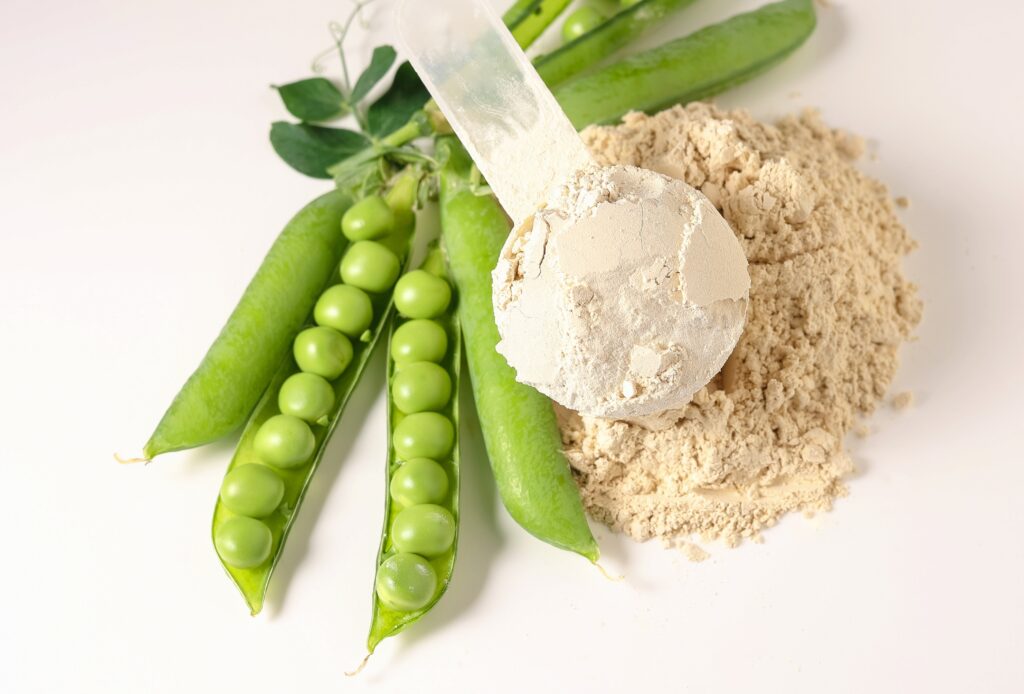Protein is often hailed as the building block of life or muscle which rightfully so. Yet no one asks how much protein? It’s a crucial macronutrient necessary for the growth, repair, and maintenance of tissues in our body. From tissue to enzymes, protein plays a vital role in various bodily functions. But the question that often arises is, how much protein do you really need each day?
Please keep in mind that like everything, too much of anything can be harmful to your body and to your mind as well. Protein is not an exception as too much of it has been linked to kidney disease and kidney stones. Like everything there needs to be balance in place.
Understanding Protein Needs:
Now it goes without saying, the optimal protein intake varies from person to person based on factors like age, sex, weight, activity level, and overall health status. The Recommended Dietary Allowance (RDA) for protein set by the Institute of Medicine suggests 0.8 grams of protein per kilogram of body weight per day for the average sedentary adult.
So, as an example, if you weight 200 pounds then that would be about 90.71 kilograms. If we go further and divide that by 0.8 then that would be about 91 grams or so.
Factors Affecting Protein Requirements:
Activity Level: Individuals who engage in regular physical activity or intense exercise require more protein to support muscle repair and growth. Obviously if you exert yourself like in sports, you will need more protein because of the calories you will burn.
Muscle Mass: People with higher muscle mass may need more protein to maintain and repair their muscles. This is one of the reasons why protein powder and shakes are always close by with these people. Can’t miss out on any opportunity.
Age: Older adults might need more protein to counteract age-related muscle loss, a condition known as sarcopenia. About 10 or 15 percent of people worldwide suffer from this
Health Conditions: Certain health conditions like injuries, illnesses, or pregnancy may increase protein needs to keep the body healthy.
Goals: And of course, athletes, bodybuilders, or those aiming for muscle gain might need higher protein intake to support their training and recovery.

Meeting Protein Needs:
Achieving your daily protein intake doesn’t have to be complicated. Incorporating a variety of protein-rich foods into your diet can help you meet your requirements easily. Here are some excellent sources of protein:
- Lean meats: Chicken, turkey, beef, pork.
- Fish and seafood: Salmon, tuna, shrimp, trout.
- Eggs: Whole eggs or egg whites.
- Dairy: Greek yogurt, cottage cheese, milk.
- Plant-based sources: Beans, lentils, tofu, tempeh, edamame, quinoa.
- Nuts and seeds: Almonds, peanuts, chia seeds, pumpkin seeds.
Timing and Distribution:
It’s not just about how much protein you consume but also when you consume it. Distributing your protein intake evenly throughout the day can optimize muscle protein synthesis and improve overall protein utilization. Aim to include a source of protein in each meal and snack.
How Much Protein you Need? It’s up to you
Determining your protein needs requires considering various factors, including your age, weight, activity level, and goals. While the general recommendation is 0.8 grams per kilogram of body weight, individuals with higher activity levels or specific fitness goals may need more protein. By incorporating a variety of protein-rich foods into your diet and distributing your intake evenly throughout the day, you can easily meet your protein requirements and support your overall health and fitness goals. Remember, balance and moderation are key when it comes to any nutrient, including protein. So all you need now is the drive and discipline that will help you get those gains!
